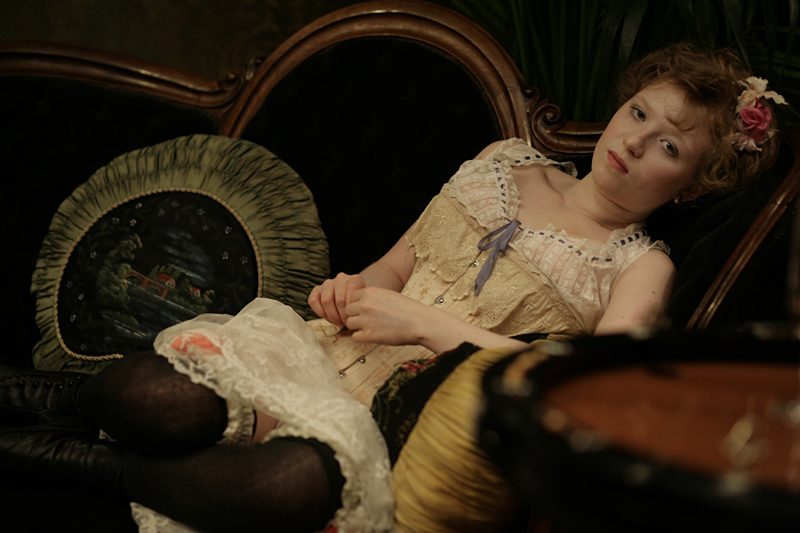Predicated on the spectacle of functionally depressed types stuck in mildly ridiculous situations not entirely of their own making, the Israeli ensemble comedy Jellyfish has an emotional resonance beyond its controlled slapstick and deadpan sight gags. A beautiful bride is trapped in a toilet stall—don’t ask—and, breaking her leg upon climbing out, is forced to relocate her honeymoon from a Caribbean dream beach to a Tel Aviv dump. A non-Hebrew-speaking, exceedingly homesick Filipina guest worker is hired to look after a particularly unpleasant old lady, who is herself longing for—while also repelling—the attentions of her equally difficult grown daughter. A klutzy yet appealing waitress breaks up with her boyfriend and is briefly adopted by a mysterious, wide-eyed 5-year-old who walks naked out of the Mediterranean. These couples become estranged and reconciled in various ways and occasionally cross paths. Co-directed by the bestselling Israeli writer Etgar Keret and his wife, dramatist-director Shira Geffen, Jellyfish regards its essentially lonely characters with a gaze both tender and lethal. An Israeli movie with neither politics nor religion—and only one casual, if fraught, mention of the Holocaust—Jellyfish bespeaks an underlying desire for normality that’s as poignant and fantastic as Keret and Geffen’s modest, shabby Tel Aviv settings.
Jellyfish: Israeli Comedy Forgoes the Usual Politics








